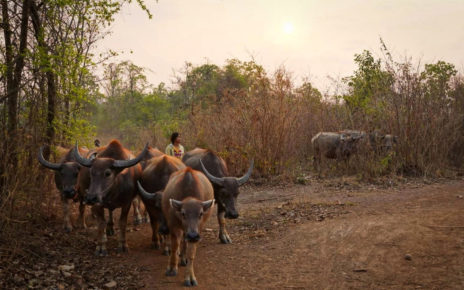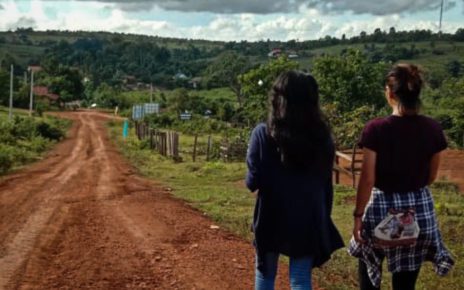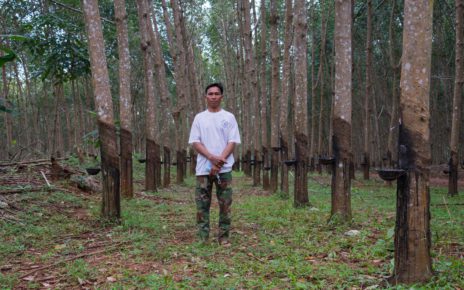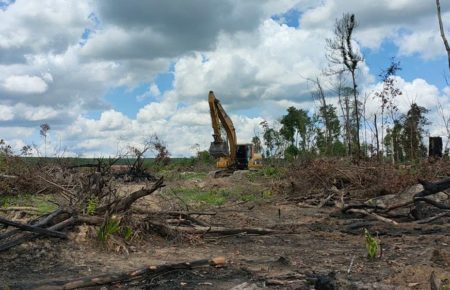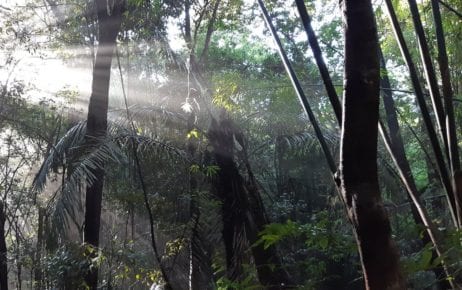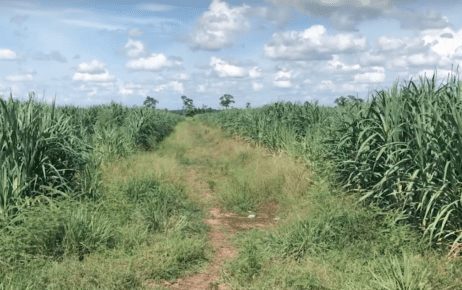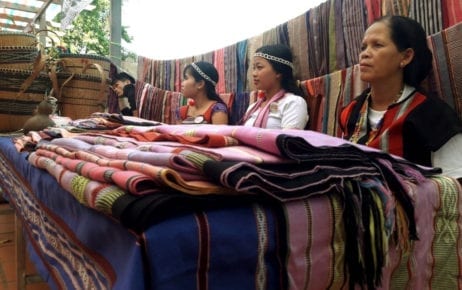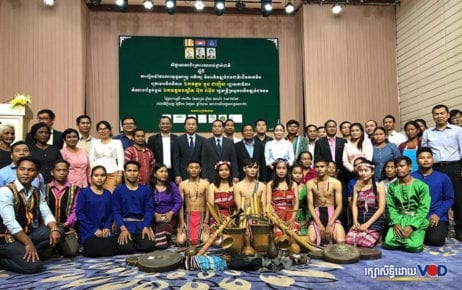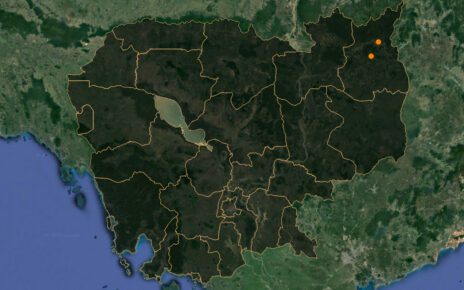
Communal Titling Ends in Relief for Some, Anxiety for Others
Indigenous communities attempting to register communal lands are often left in bureaucratic limbo and are at risk of losing this land, advocates said this week, even as the government handed more than 4,000 hectares to three communities in May.


